'We shouldn't be afraid to fight': New Orleans Starbucks workers on how organizing changed their minds on unions
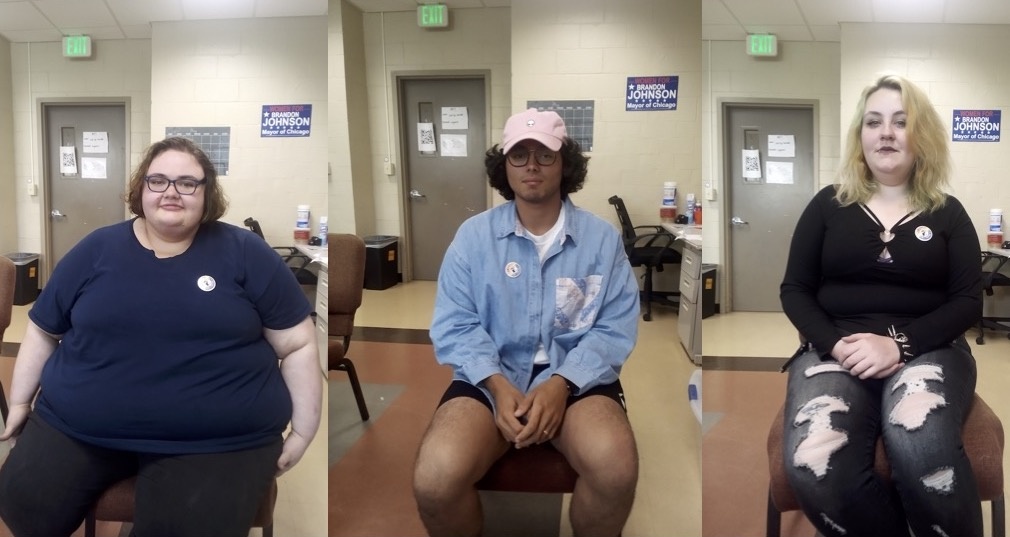
New Orleans Starbucks workers Liz Alphonso, Rene Gonzalez, and Stormy Belozerows (from left) recently spoke to Facing South about how their successful effort to organize has changed the way they think about unions. (Photos by Jason Kerzinski.)
This past January, the U.S. Bureau of Labor Statistics (BLS) reported that the number of Americans belonging to unions grew by 273,000 from 2021 to 2022, including by 83,000 in the 13 Southern states. The news came amid high-profile organizing drives at iconic companies including retail giant Amazon, Trader Joe's grocery chain, and Starbucks coffee shops.
It was late 2021 when Starbucks workers won their first union election in Buffalo, New York, setting off a wave of organizing drives at the company led by Workers United, which is affiliated with the Service Employees International Union. Among the places where Starbucks workers organized were historically anti-union states in the South, including Louisiana, North Carolina, South Carolina, and Tennessee.
Some of the first Starbucks workers fired for organizing were Tennesseans who came to be known as The Memphis 7; a federal judge eventually ordered the company to reinstate them. To date, the National Labor Relations Board has opened approximately 545 cases nationally looking into alleged intimidation by the company. Workers United says Starbucks has fired more than 100 baristas for their union activities and to try to curb enthusiasm for organizing. But the company's harsh tactics are not working: So far, employees at more than 300 Starbucks stores have unionized.
Among the Starbucks stores where workers have organized is the one on Poydras Street in Downtown New Orleans. Like their counterparts nationwide, they cited concerns about safety and inconsistent work schedules. They held an election on May 22, and voted in the union by a margin of 11-5. They are the second New Orleans Starbucks to unionize, as workers at the Maple Street location voted to do so last June.
With so many workers organizing across the historically anti-union South, I wanted to hear from them how being involved in such an effort affected their thinking about unions. I recently spoke with four workers from Starbucks' Poydras store and asked them: "What did you know about unions prior to the organizing drive, and how has your experience changed your thinking?"
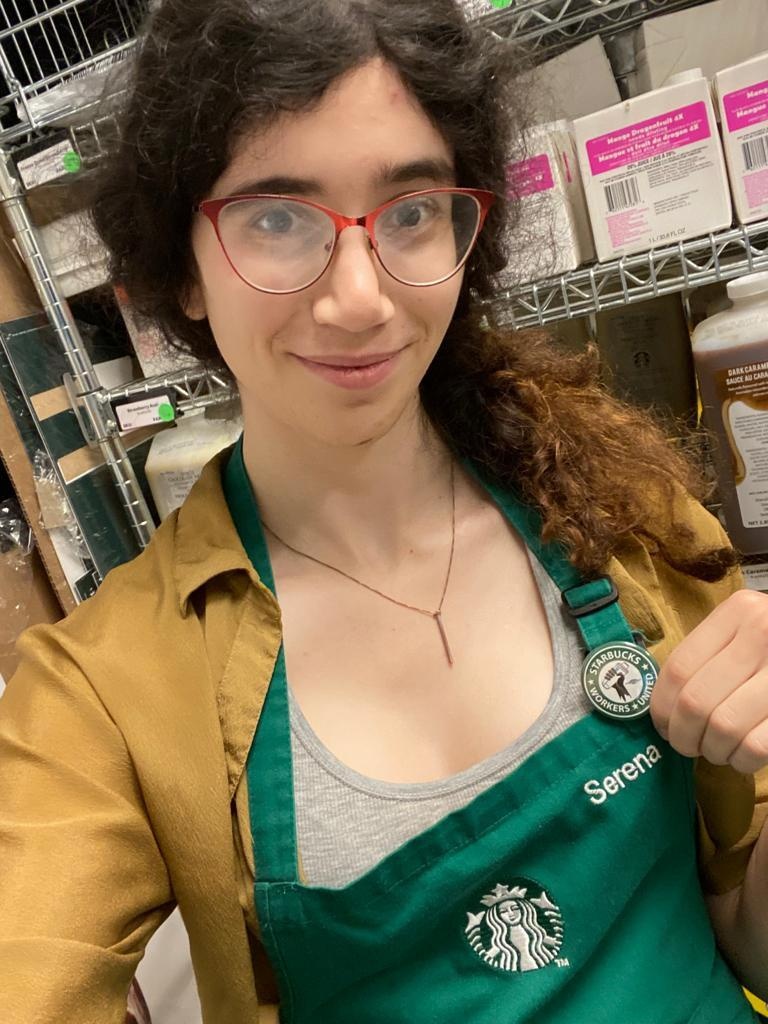
Serena Sojic-Borne: 'You can overcome retaliation'
I've always been a strong supporter of unions. It's not right that corporations can make all these profits, and bosses can just push workers around. Unions are the main weapon that workers have to fight against that, and to start to actually change things and improve their lives for themselves and their families and their communities.
That said, before starting the union drive at Starbucks, I did have some misconceptions. In particular, I was, like, hesitating because of fear of retaliation. I felt that the bosses and the managers would have basically, like, unlimited power and authority to do whatever they wanted to make life hell for the union organizers, including like disciplining them, they could fire them, anything like that. But since I started working on this union drive, what I learned was that you can overcome retaliation by fighting together with your co-workers. And if you fight, you win, and the more you fight, the stronger of a chance you have of winning.
And so, for example, you put up a union poster. Your boss pulls you aside and intimidates you and says, “You can't be putting up that union poster." It's your full legal right to put up a union poster, and your boss has nothing they can really do about it. So you can just keep putting them up, even if your boss is taking them down.
You know, a lot of people are afraid of getting fired for unionizing. A lot of people are afraid that if they vote to unionize, or if they start an organizing drive, they'll get fired. The thing is with that there's power in numbers. If you build a strong organizing committee, and you build like we did at our store — our store's about 22 people, and we have five or even six organizers. When you have that many organizers there's no way for your boss to pinpoint one leader out of all of them. And they can't fire everyone. And if they fire just one of them, they're gonna catch heat from the four or five others. So they just take the out, and they just can't fire anyone in those cases. Or at least there's less of a chance of something like that happening.
And if you sign on to a union card, you're not going to get retaliated against when you've got, like, all your coworkers behind you signing the card too. So the main lesson for me from this union drive has been that we shouldn't be afraid to fight, we shouldn't be afraid to unionize. We shouldn't be afraid to strike. When we do it together, when we do it with our co-workers, when we show solidarity with each other, we can win gains and we can minimize what the boss can do to us.
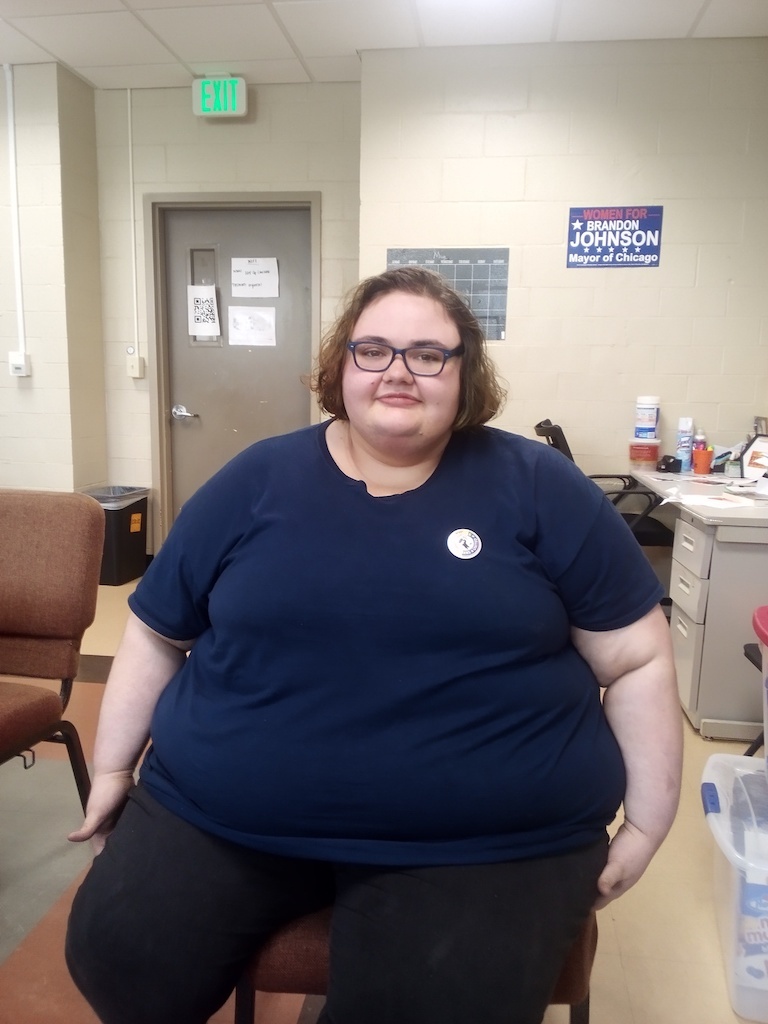
Liz Alphonso: 'It's made me try to hold myself together and not run'
Growing up, it seems like corporate entities have sort of ingrained us with the thought that unions are a terrible thing, for some reason. You can find jokes about unionizing in most TV shows, even kids' shows, for some reason. And so all I knew about it was that it's bad. It's a bad thing to look up. It's a bad thing to even think about. Even if you're being treated unfairly, go find another job.
But finding another job just isn't an option, unfortunately, right now. Job crisis is pretty shitty. And having experienced a lot of rudeness from customers and from management, being an object of disgust just for daring to exist or say that we're out of a syrup that they really wanted, having drinks thrown at me, being dismissed for a promotion — it's really made me think more and seek more information out for unionizing. It's made me try to hold myself together and not run from the situation.
This is one of the better jobs I've had — I've definitely had worse. But this job would be absolutely amazing if we can make some changes from ourselves and not have to go begging for the smallest things.
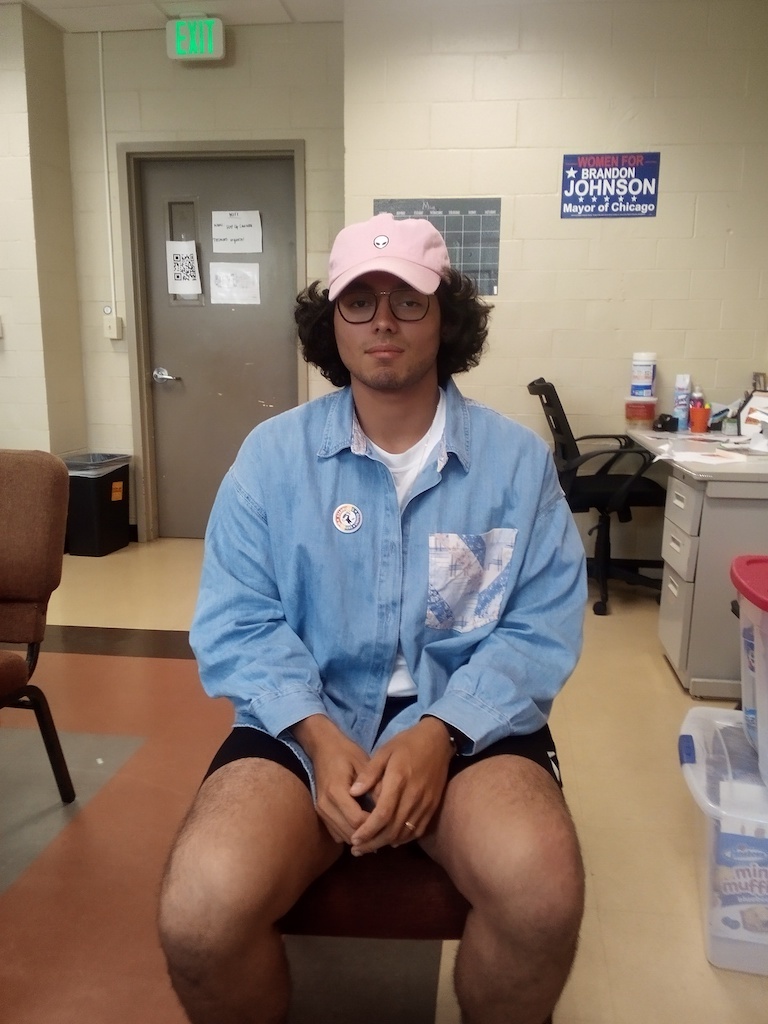
Rene Gonzalez: 'Corporations push for misinformation'
I had extremely limited information and knowledge about what a union is and what they're really composed of, and what truly makes a union. But with the experiences I've had working with Starbucks for two years now, with customers constantly harassing us as baristas, especially during the morning rush, and being overworked and taken advantage by management has really pushed me to look into what unions are, because … I had to really stand up for my rights as a worker.
And I didn't really realize until now that I have helpful resources that I never, like, really noticed before whenever I first got hired. Starbucks is my first quote-unquote real job. And before this, I never really went through the experiences that most workers have to go through and was afraid of corporations and corporate in general retaliating against workers that supported unions. And it is especially complicated and messed up, really, because corporations push for misinformation on unions so that workers don't stand up for what they really deserve.
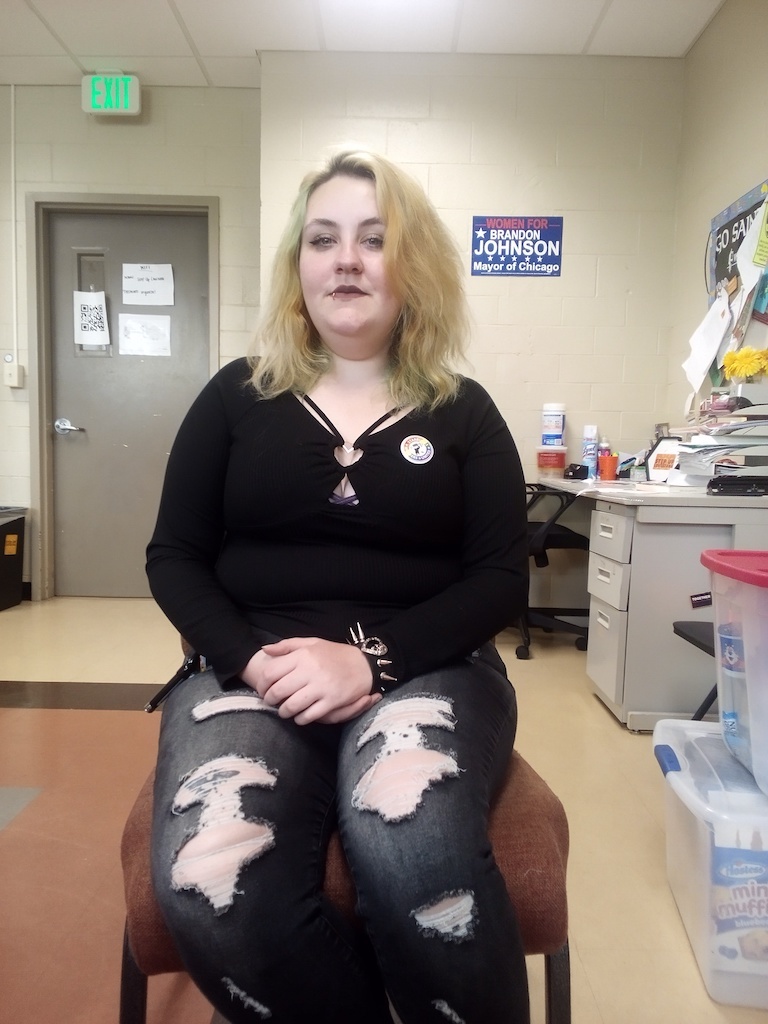
Stormy Belozerows: 'Grateful that I got to be a part of this'
I knew the basics about unionizing and what a union was because, growing up, I went to the local library, and the librarians there were very adamant that we know, like, our basic human rights as adults, and furthermore, like, what we should stand up for and things like that.
So when Serena approached me and asked if we wanted to start a union, I automatically agreed because I already knew that it was something that definitely would benefit us, and just in general was going to be a good thing all around. It would help people who were, like, struggling with hours or pay and helping when we were struggling with short staff and things like that.
So has it really changed my thinking? I am a little more knowledgeable about it, and I'm grateful that I got to be a part of this and make our workplace a better place to just be at in general. But otherwise it hasn't really changed my thinking all too much.
Tags
Jason Kerzinski
Jason Kerzinski is a street portrait photographer and journalist who has published stories in The Real News Network, Scalawag, The Progressive, and Antigravity.
